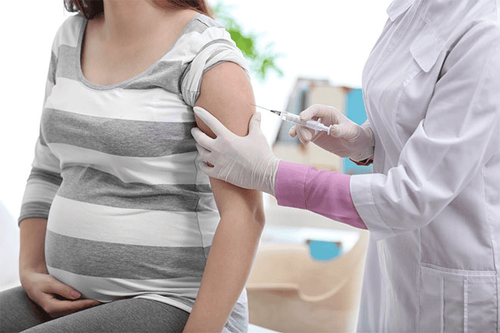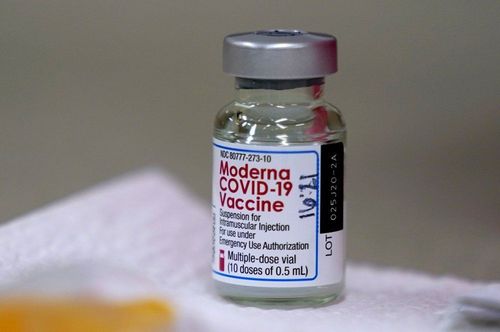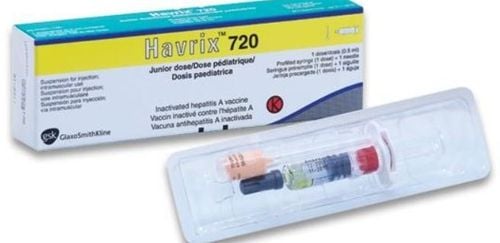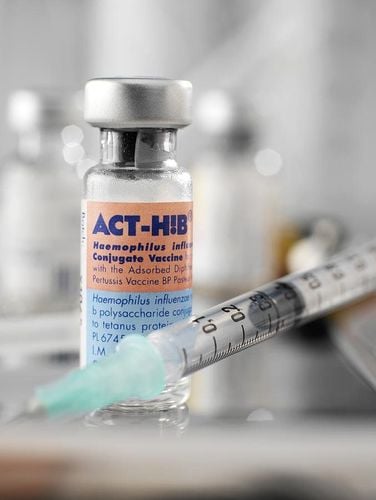This is an automatically translated article.
The most common types of vaccines are live attenuated vaccines, whole inactivated vaccines, subunit vaccines, and attenuated vaccines. Up to now, along with advances in recombinant DNA technology, in genomics, virology and molecular immunology, it has had a great impact, opening the direction of application in the production of next-generation vaccines. new. Many vaccine design strategies have been studied and applied in the process of infectious disease prevention and control, in which DNA vaccines show promising promise in new generation vaccines.1. A brief overview of the mechanism and prospects of DNA vaccines
For more than 100 years, vaccine manufacturers have focused on only two purposes, either creating a live attenuated agent (a pathogen that is alive but weakened or completely incapacitated). pathogens) have the ability to multiply in the user's body to stimulate an immune response without the user getting sick, or to find the right antigen to which the immune system will respond.Recently, a breakthrough vaccine research direction has been developed. It is the direct injection of a plasmid containing the DNA sequence coding for the antigen (which induces the desired immune response) into a suitable tissue, so that the immune response to the target antigen will be initiated at the target antigen. place. This research direction has revealed many advantages over the traditional way of making vaccines, including initiating the response of both B lymphocytes and T lymphocytes, improving stability and reliability. for vaccines, ensure safety (because the vaccine does not contain any disease-causing agents), and ensure low costs when produced in large quantities.
To test the principle and effectiveness of the DNA vaccine , animal immune response tests have been carried out with the genetic material (genes) of various pathogens, such as influenza viruses , hepatitis B virus, human immunodeficiency virus (HIV), rabies virus, lymphocytic chorio-meningitis virus (LCMV), malaria and mycoplasma parasites . Some initial success has been seen when test animals have been immunized against the pathogen. However, the value and advantages of DNA vaccines still have to be evaluated through many stages, many different trials, and the availability of DNA vaccines depends on the nature of the pathogen to be protected against. , the nature of the antigen used and the type of necessary immune response desired.

Giá trị và ưu thế của vắc xin DNA còn phải được đánh giá qua nhiều giai đoạn, nhiều thử nghiệm khác nhau
Based on current actual progress, it is likely that the first DNA vaccine to be approved for commercialization will be one that uses plasmid DNA obtained from bacterial cells. In the future, other vaccines may use RNA or nucleic acid molecular complexes or the like. Specific recommendations for the manufacture and control of plasmid DNA-based vaccines for human use have been made. The purpose of these recommendations is to guide:
Appropriate methods for the production and control of vaccines based on plasmid DNA. Specific information required in meeting the manufacturer's specification for a national control regulation for application authorization for clinical trial and advertising.
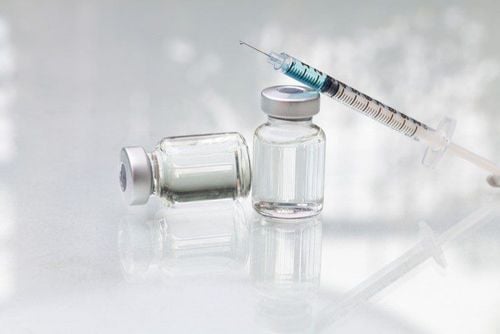
Dựa trên tiến độ thực tế hiện nay, dường như loại vắc xin DNA đầu tiên được cấp phép thương mại hóa sẽ là loại sử dụng plasmid DNA thu được từ tế bào vi khuẩn
Vinmec International General Hospital is one of the hospitals that not only ensures professional quality with a team of leading medical doctors, modern equipment and technology, but also stands out for its examination and consultation services. comprehensive and professional medical consultation and treatment; civilized, polite, safe and sterile medical examination and treatment space. Customers when choosing to perform tests here can be completely assured of the accuracy of test results.
Please dial HOTLINE for more information or register for an appointment HERE. Download MyVinmec app to make appointments faster and to manage your bookings easily.
Articles refer to sources: vaccines.gov, who.int




